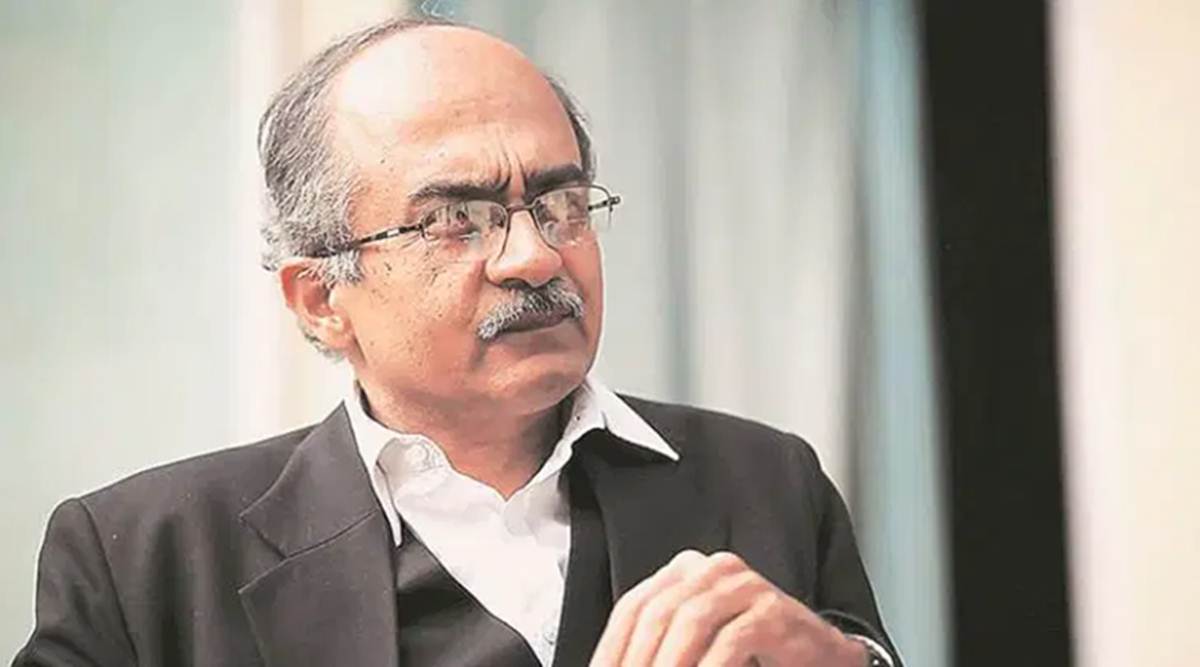 Prashant Bhushan
Prashant BhushanFacing charges of criminal contempt over his remarks in an interview to Tehelka magazine in 2009, Advocate Prashant Bhushan has told the Supreme Court that there is “no effective procedure” currently “to deal with corruption in the judiciary” and, therefore, lawyers raising such issues in public interest must fall within the ambit of free speech.
In written submissions to the court, he pointed out that the Supreme Court in the 1995 case, C Ravichandran Iyer vs Justice A M Bhattacharjee & Ors, had “indicated that members of the bar and others should not speak in public but use only the inhouse procedure which has been devised for receiving complaints against judges”.
“It is however now clear that the internal procedure is inadequate and ineffective; and the impeachment procedure is too complex and political. Therefore, at present there is no effective procedure to deal with corruption in the judiciary other than the public and particularly through lawyers who know from experience the extent of corruption in the judiciary or vis a vis a particular judge. Any exercise of alleging corruption in the public interest must therefore squarely lie within the domain of freedom of speech under Article 19 (1) (a) and the duty of lawyers in particular to the institution of the judiciary,” the submission said.
Bhushan said he had already explained “that he had used the word corruption in a wide sense to include any act of impropriety other than merely financial corruption” and “therefore, to examine whether imputing corruption to a judge would amount to per se contempt, one would first need to examine as to what the word corruption has been normally understood to include”.
He said the word corruption “has been defined, discussed and elaborated in…the Prevention of Corruption Act, 1988, the UN Convention Against Corruption, in various judgments of this Hon’ble Court as well as British and American courts, Law Commission reports, etc” and added that “discussion of corruption in the judiciary or vis a vis a particular judge (as a facet of ‘misbehavior’) is necessary for the process of impeachment and removal of judges, this being a constitutional remedy”.
He contended that “allegations of corruption cannot be per se contempt because truth is a defense to contempt proceedings under S. 13 (b) of the Contempt of Courts Act”.
Bhushan said various judgments, reports, and statements of judges have also discussed corruption in the judiciary in the past and referred to observations on the subject in the 1964 Parliamentary report of the Committee on Prevention of Corruption.
“Without the allegations (of corruption) against a judge being documented and investigated in the manner further provided under the Judges Inquiry Act, to establish the veracity, the allegation per se cannot amount to contempt in so far as it would nullify the constitutional provisions and statutory procedures for impeachment of a judge on grounds of misbehavior including corruption,” he contended.
On August 14, the Supreme Court held Bhushan guilty of contempt in another case over two of his tweets.